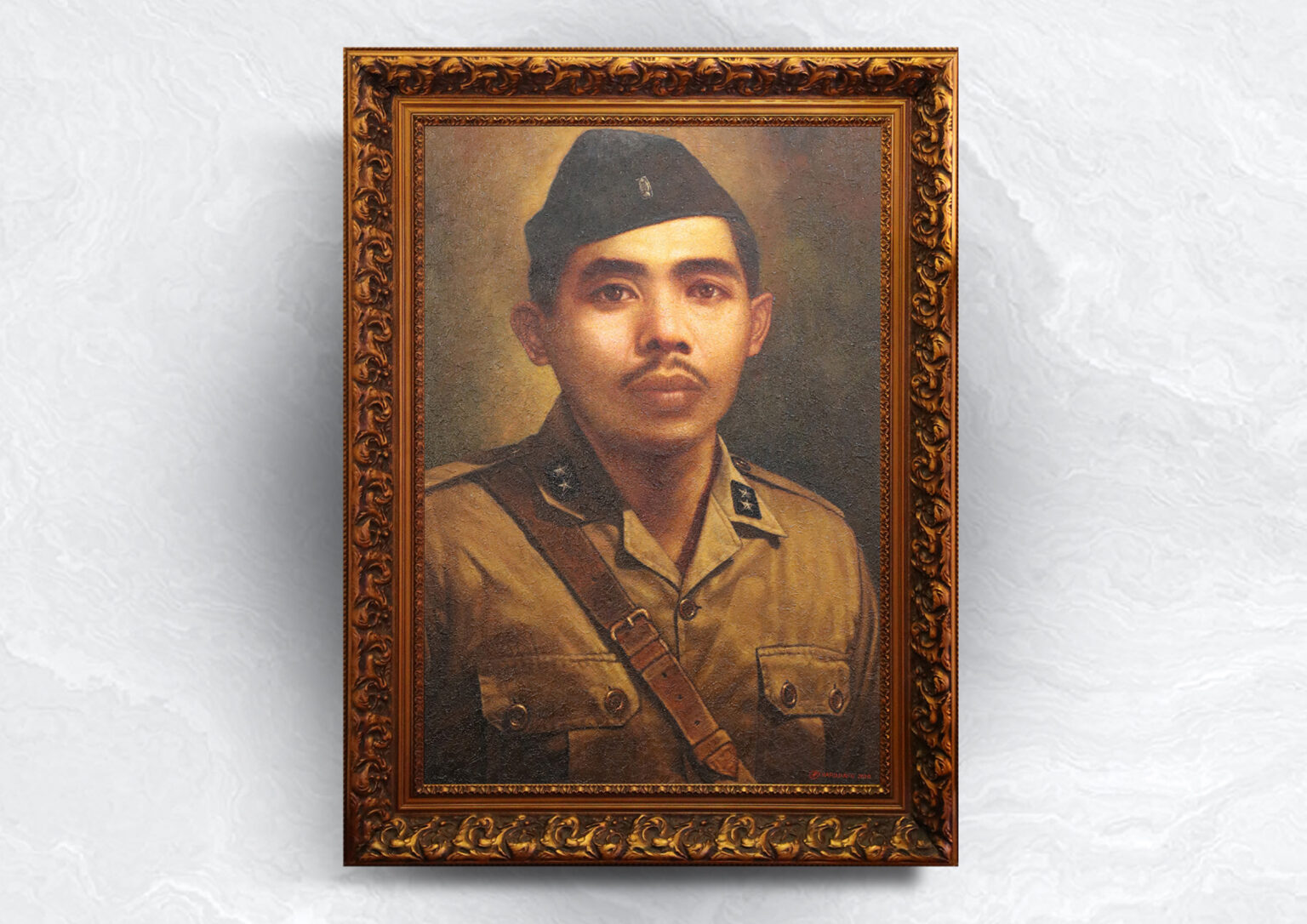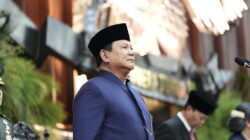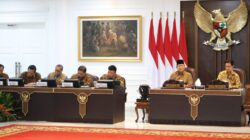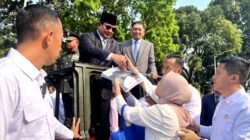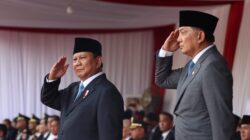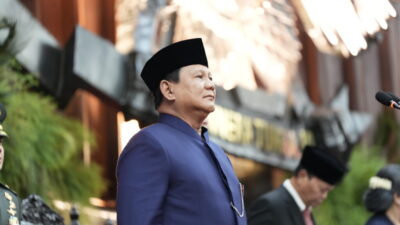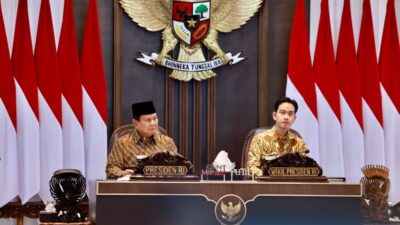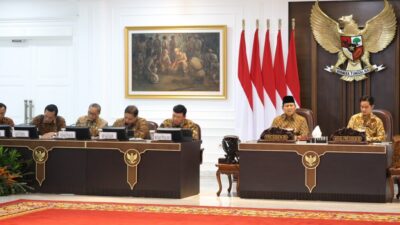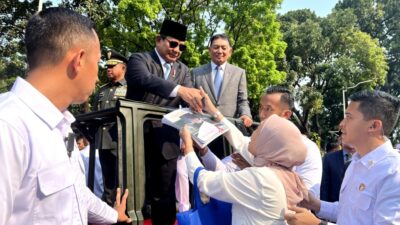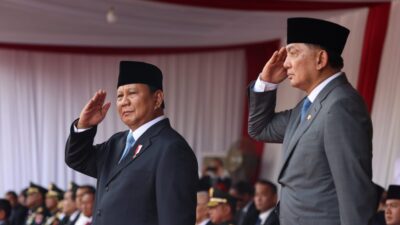The leadership displayed by Brigadier General TNI (Posthumous) I Gusti Ngurah Rai and his soldiers during the Puputan Margarana battle of 1946 has established a standard of exemplary leadership for future generations of TNI soldiers: Lead by example, lead from the front, and demonstrate patriotism by being willing to sacrifice everything. I Gusti Ngurah Rai embodied the spirit of a true warrior, choosing to fight to the death rather than surrender to the enemy. The all-out battle (puputan tradition) that he initiated inspired his troops to fight the Dutch forces relentlessly. I Gusti Ngurah Rai fought until his last breath on the battlefield.
After the declaration of Indonesian Independence on August 17, 1945, I Gusti Ngurah Rai traveled to Yogyakarta to meet with General Sudirman. He sought a mandate from General Sudirman to establish an Army of the Republic of Indonesia (TRI) in Bali and Nusa Tenggara, collectively known as Lesser Sunda (Sunda Kecil).
Upon his return, I Gusti Ngurah Rai recruited troops and launched attacks on Dutch outposts in Bali that had been established after World War II. Since the Japanese occupation in 1942, I Gusti Ngurah Rai had organized Balinese youths under the Anti-Fascist Movement (GAF). By September 1946, the Dutch forces were on the offensive, leading to the eventual siege and encirclement of I Gusti Ngurah Rai’s troops in Margarana Village near Ubud on November 19, 1946.
Despite a personal plea from Dutch Infantry Captain JBT Konig, who had a prior relationship with I Gusti Ngurah Rai, to surrender and spare his troops, I Gusti Ngurah Rai chose to reject the offer. In a letter addressed to Dutch Lieutenant Colonel Termeulen, I Gusti Ngurah Rai expressed his unwavering commitment to the security and independence of Bali, refusing to negotiate with the Dutch colonizers.
The firmness and patriotism displayed by I Gusti Ngurah Rai during the battle of Puputan Margarana reflect his dedication to defending Bali from foreign occupation. Leading his TNI forces against the Dutch forces in a fierce battle, I Gusti Ngurah Rai and his troops fought relentlessly despite facing superior enemy forces with advanced weaponry and air support.
Ultimately, all TRI troops, including I Gusti Ngurah Rai and his Chief of Staff I Gusti Putu Wisnu, were killed in the intense fighting. Their sacrifice and unwavering commitment to the cause set a high standard for military leadership in the Indonesian Armed Forces, inspiring future generations of TNI soldiers to lead by example and demonstrate unparalleled patriotism.
